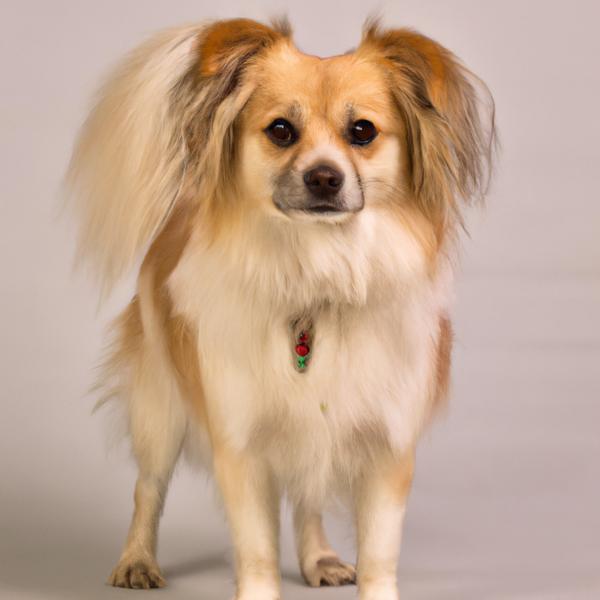Boxollie vs. Italian Greyhound: Breed Differences and Similarities
Hypoallergenic
Are Boxollies or Italian Greyhounds hypoallergenic, or neither?
Unfortunately, the Boxollie is not hypoallergenic, making it not a good choice for a dog lover who suffers from pet allergies.
While no dogs are truly 100% hypoallergenic, Italian Greyhounds are about as close as it gets, making them an ideal pet if you are an allergy sufferer.
Temperament
What are the personalities of Boxollie and Italian Greyhound dogs?
Playful
Energetic
Protective
Intelligent
Confident
Friendly
Responsive
Loyal
Gentle
Social
Fearless
Brave
Bright
Affectionate
Athletic
Intelligent
Agile
Companionable
Mischievous
Shedding Level
Do Boxollies shed more than Italian Greyhounds, or which breed sheds more, Boxollies or Italian Greyhounds?
Boxollies are heavy shedders, but regular brushing can help manage shedding and promote a healthy coat.
Italian Greyhounds shed very little hair, making them a great choice for those who dislike excess hair in the house.
Watchdog Ability
Which dog breed makes a better watchdog, the Boxollie or Italian Greyhound?
Boxollies aren't great guard dogs; they tend to just watch without taking action.
Italian Greyhounds are decent watchdogs - they'll alert their owner if something seems amiss.
Ancestry
What are the origins of Boxollie and Italian Greyhound breeds?
Collie, Boxer
Sighthound
Date of Birth
When were Boxollie and Italian Greyhound breeds first developed?
Unknown
Ancient Times
Eye Color Possibilites
What are the eye colors of Boxollie and Italian Greyhound dogs?
Brown
Brown
Nose Color Possibilites
What are the natural nose colors of Boxollie and Italian Greyhound?
Black
Black
Brown
Coat Color Possibilites
What are the natural colors of the coat for Boxollie and Italian Greyhound breeds?
Black
White
Brown
Red
Gray
Black
Brindle
Sable
Pied
White
Blue
Fawn
Cream
Coat Length
What is the typical coat length for Boxollie and Italian Greyhound breeds?
Boxollies have medium-length coats.
Italian Greyhounds have short coats.
Coat Density
What is the density of the coat of Boxollie and Italian Greyhound?
Coat Texture
What is the hair texture of Boxollie and Italian Greyhound?
Straight
Litter Size
What is the usual litter size for Boxollie and Italian Greyhound?
A Boxollie can have a litter of 2-10 puppies on average. However, it's worth noting that the size of the litters can vary greatly. Factors that can influence litter size include the health of the mother, breeding history, and genetics.
An Italian Greyhound can have a litter of 12-15 puppies on average. However, it's worth noting that the size of the litters can vary greatly. Factors that can influence litter size include the health of the mother, breeding history, and genetics.
Adaptability
Boxollies are known for their adaptability and can adjust well to different environments and lifestyle changes.
Italian Greyhounds are highly adaptable and versatile, making them excellent companions for families and individuals of all lifestyles.
Health Issues
Between Boxollie and Italian Greyhound, which breed is more prone to health problems?
Boxollie and Italian Greyhound breeds are generally considered to be healthy. However, like all breeds, they are susceptible to certain health issues and it is important to keep an eye out for them and address them with your veterinarian as needed.
Major Concerns
What are the major health concerns for Boxollie and Italian Greyhound breeds?
Hip Dysplasia
Periodontal Disease
Minor Concerns
What minor health issues should be kept in mind when owning Boxollie and Italian Greyhound?
Usually Very Healthy
Patellar Luxation
Progressive Retinal Atrophy
Epilepsy
Leg Fractures
Occasional Tests
What occasional tests are recommended for Boxollie and Italian Greyhound breeds?
Physical Examination
Allergy Tests
Complete Blood Count
Optical Examination
Eye
Knee
Skeletal
X-Rays
MRI
Eye Examination
Energy
How do the energy levels of Boxollies and Italian Greyhounds compare?
Boxollie and Italian Greyhound breeds are known for their high energy levels, so if you're looking for a more low-key dog, these breeds may not be the best choice.
Social Needs
Boxollie vs Italian Greyhound social needs comparison
Boxollie has very high social needs and requires regular mental and physical stimulation, a job or purpose, and companionship.
Italian Greyhound has average social needs and is less independent than other breeds.
Exercise Needed
Boxollie vs Italian Greyhound exercise need comparison.
Boxollies need only a small amount of physical activity, ideal for busy or elderly people or those with limited space.
Italian Greyhounds need moderate physical activity and are great for families and active individuals.
Sleeping Need
Which of the two sleeps the most/least: Boxollie or Italian Greyhound?
Boxollie and Italian Greyhound dogs tend to sleep less than some other breeds, but it's still important for them to get adequate sleep in order to maintain good health.
Tendency to Bark
Do Boxollies or Italian Greyhounds bark more/less frequently?
Boxollie dogs are generally less vocal than other breeds and only bark when necessary, such as to alert their owner or communicate.
Italian Greyhounds bark moderately when necessary and may also bark due to certain triggers like fear, alarm, boredom, greeting, separation anxiety and compulsive barking.
Mouthiness
Mouthiness Comparison: Boxollie vs Italian Greyhound?
Roaming urge
Boxollie vs Labrador: Running away tendency?
Prey Drive
Boxollie or Italian Greyhound - which breed has a higher level of prey drive?
Past times
What are some enjoyable activities and ways to keep Boxollie and Italian Greyhound entertained?
Fetch, Walking, Car rides, Swimming, Pulling rope, Going on hikes, Watching TV, Chase, Cuddle time, Tug-of-war
Cuddling, Dog Parks, Snuggling, Walk, Run, Frisbee, Fetch, Nose work, Eating Snacks, Running, Racing, Nervous, Going on drives, Growling, Biting
Activity Level
Which breed has higher energy, Boxollies or Italian Greyhounds?
Both Boxollie and Italian Greyhound are medium-energy dogs that enjoy socializing and playing with other dogs. They may engage in casual or sustained games of chase, and occasionally have bursts of barking or racing around the house.
Tolerance of being left alone
Walks per Week
How many miles should Boxollie or Italian Greyhound walk each week?
There's really no limit to how far you walk your dog as long as they're comfortable. For Boxollie, it's at least 8 miles / week. Just remember to build distance and stamina gradually over time.
There's really no limit to how far you walk your dog as long as they're comfortable. For Italian Greyhound, it's at least 6 miles / week. Just remember to build distance and stamina gradually over time.
Activity per Day
Do Boxollies or Italian Greyhounds require more exercise?
In general most Boxollies usually need at least 40 minutes of exercise daily. This can be spread across the day and include all sorts of high-energy activities, like walking, running and playing.
In general most Italian Greyhounds usually need at least 60 minutes of exercise daily. This can be spread across the day and include all sorts of high-energy activities, like walking, running and playing.
Grooming
Which breed is easier to maintain in terms of grooming, Boxollies or Italian Greyhounds?
The Boxollie requires an average amount of grooming compared to other breeds.
The Italian Greyhound is a low-maintenance breed that doesn't require much grooming.
Brushing Frequency
What is the recommended brushing frequency for Boxollie and Italian Greyhound dogs?
Ideally, Boxollie should be brushed at least 2 or 3 times a week (preferably daily) improve shedding.
Italian Greyhound should be brushed at least once a week. Of course you can give them more frequent brushes if you find that they are still shedding a lot
Brushing Tools
What brushing tools are used for Boxollies and Italian Greyhounds?
Pin Brush
Comb
Scissors
Nail Clipper
Slicker Brush
Nail Clipper
Cups
How much food should be given to Boxollie or Italian Greyhound in cups?
For an average 55-85 pound (25 - 39 kg) Boxollie feed 3 cups daily. But, keep in mind, the amount you feed is going to be dependent on the quality of the food you are feeding.
For an average 7-14 pound (3 - 6 kg) Italian Greyhound feed 1.3 cups daily. But, keep in mind, the amount you feed is going to be dependent on the quality of the food you are feeding.
Daily Cost
Which breed has a higher daily cost, Boxollie or Italian Greyhound?
The average cost of a Boxollie is somewhere $2.10 - $2.70 per day.
The average cost of an Italian Greyhound is somewhere $1.40 - $1.70 per day.
Monthly Cost
Which breed has a higher monthly cost, Boxollie or Italian Greyhound?
The average per month expenses of a Boxollie is between $55 - $73. This makes an average of $660 - $876 per year. It will be on the higher side when the dog is still small because it will need more frequent visits to the vet, shots.
The average per month expenses of an Italian Greyhound is between $42 - $53. This makes an average of $504 - $636 per year. It will be on the higher side when the dog is still small because it will need more frequent visits to the vet, shots.
Intelligence
Comparing Intelligence: Boxollies vs Italian Greyhounds
Boxollie is a very intelligent and trainable breed.
Italian Greyhound has below average obedience intelligence, but they excel in understanding human emotions.
Sensitivity Level
How do Boxollie and Italian Greyhound compare in sensitivity?
These dog breeds are particularly attuned to its environment and the emotions of those around it. Boxollie and Italian Greyhound can be easily overwhelmed by loud noises, new environments, unfamiliar people, or animals. This dog breed is best suited for individuals or families who are patient, gentle, and understanding of its sensitive nature. It may also benefit from a calm and stable home environment, with a consistent routine and plenty of positive reinforcement training.
Affection Dependance
Which is the more affectionate dog breed: Boxollie vs Italian Greyhound?
Apartment Friendly
Which breed is more apartment-friendly: Boxollie or Italian Greyhound?
The Boxollie is a great apartment dog, thriving with sufficient exercise and time outside as part of their daily routine.
Italian Greyhounds are good apartment dogs as long as they get enough exercise and stimulation outside of the apartment.
Child Friendly
Do Boxollies or Italian Greyhounds have a friendlier temperament towards children?
Boxollies make excellent family pets for kids due to their gentle, protective nature and calm temperament.
Italian Greyhounds are not suitable for children.
Senior-friendly
Which dog is more suitable as a pet for the elderly - Boxollie or Italian Greyhound?
Cat Friendly
Do Boxollie or Italian Greyhound breeds have a better compatibility with cats?
Boxollies are good with cats, but early training is needed to prevent chasing behavior.
Italian Greyhounds are average in their friendliness toward cats and tend to do well with them, especially if raised together.
Dog Friendly
Which breed is more sociable with other dogs: Boxollie or Italian Greyhound?
{Boxollies and Italian Greyhounds are average friendly towards other dogs. If they are raised with other dogs, they are likely to get along with them. And, if they are socialized properly from a young age, they will usually be great with other dogs.
Pet friendly
How do Boxollie or Italian Greyhound dogs interact with other pets?
Stranger Friendly
Which breed is more friendly with strangers: Boxollie or Italian Greyhound?
Boxollies are friendly but may bark at strangers, and training is easy due to their intelligence.
Italian Greyhounds are averagely friendly around strangers but benefit from early socialisation.
Playfulness
Which breed is more playful between Boxollie and Italian Greyhound?
Boxollies are a playful breed that needs daily playtime to be happy.
Italian Greyhounds have an average level of playfulness, enjoying playtime like most dogs but not excessively so.
Trainability
How do the trainability levels of Boxollies and Italian Greyhounds compare?
Boxollies are popular for their ease of training and quick learning ability.
Italian Greyhounds are usually easy to train but require consistency to fully obey commands.
Compare Boxollie with other breeds
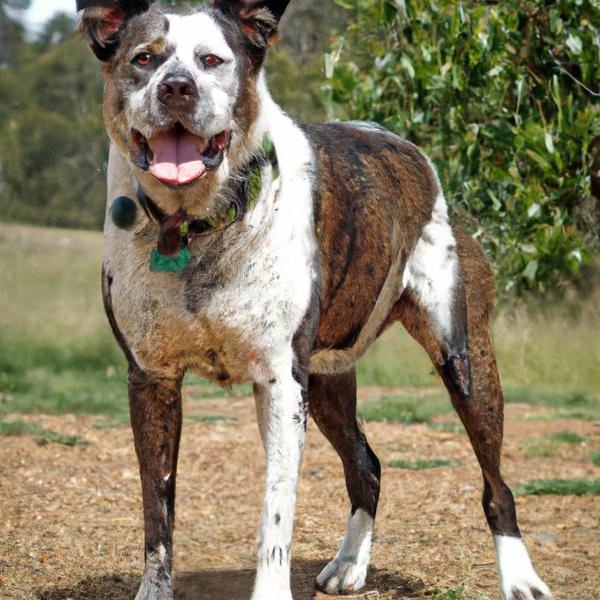
Australian Boxherd
Boxollie vs Australian Boxherd
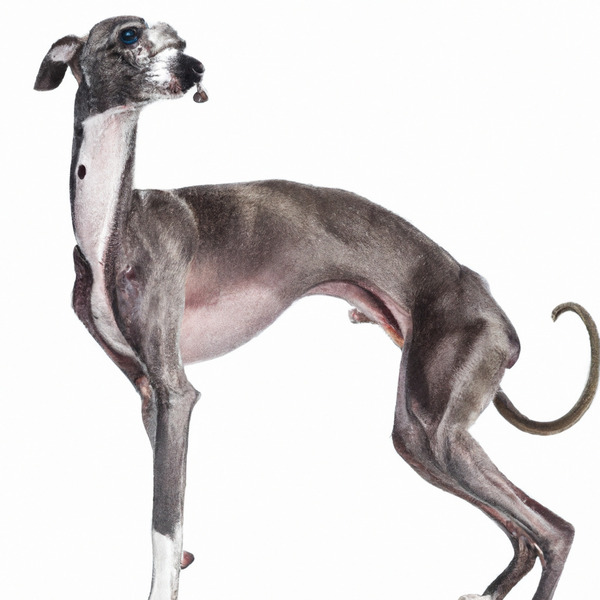
Italian Greyhound
Boxollie vs Italian Greyhound
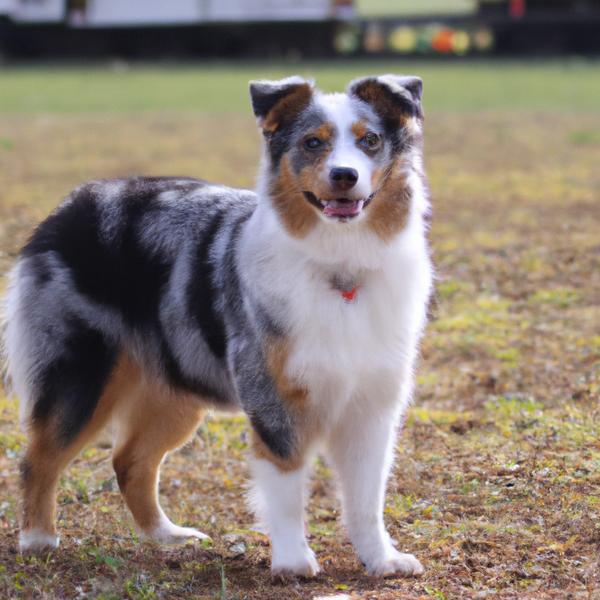
Shel-Aussie
Boxollie vs Shel-Aussie
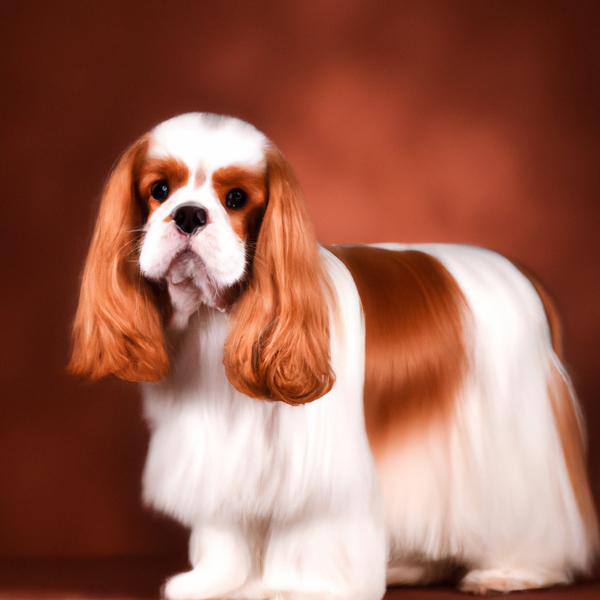
Cav-A-Malt
Boxollie vs Cav-A-Malt
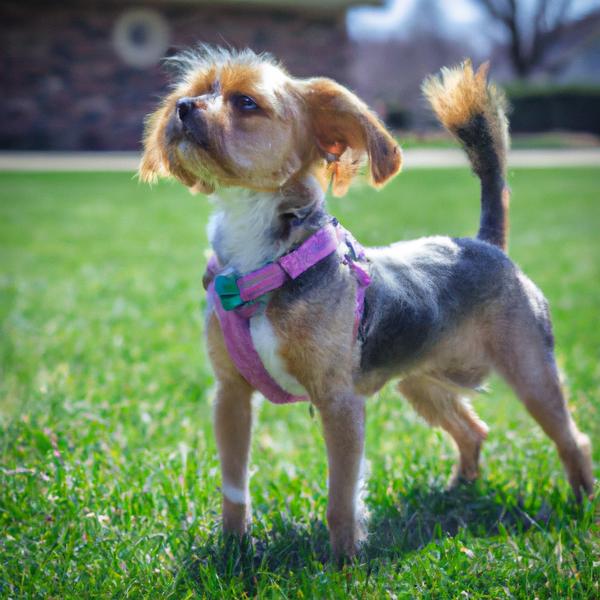
Yorkie Beagle
Boxollie vs Yorkie Beagle
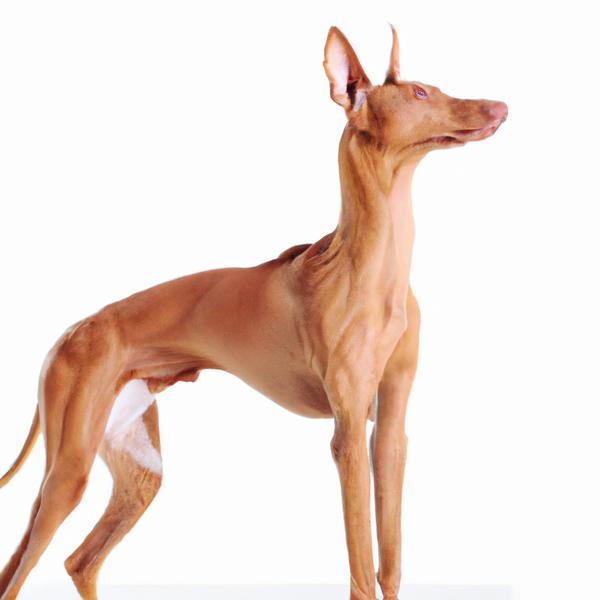
Pharaoh Hound
Boxollie vs Pharaoh Hound
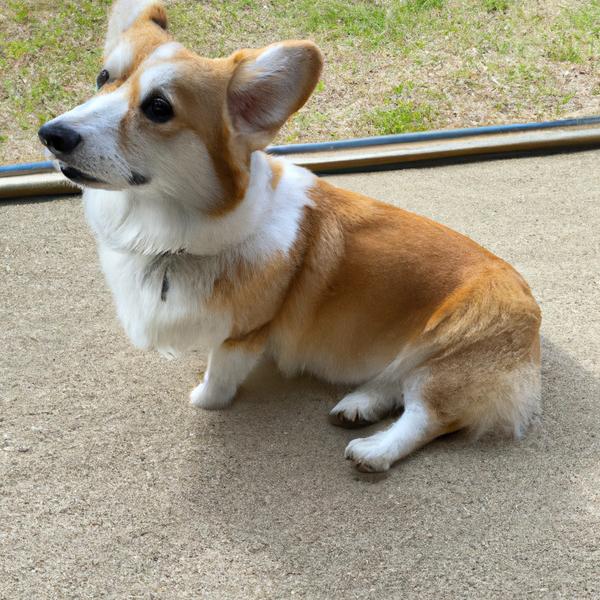
Pembroke Cocker Corgi
Boxollie vs Pembroke Cocker Corgi
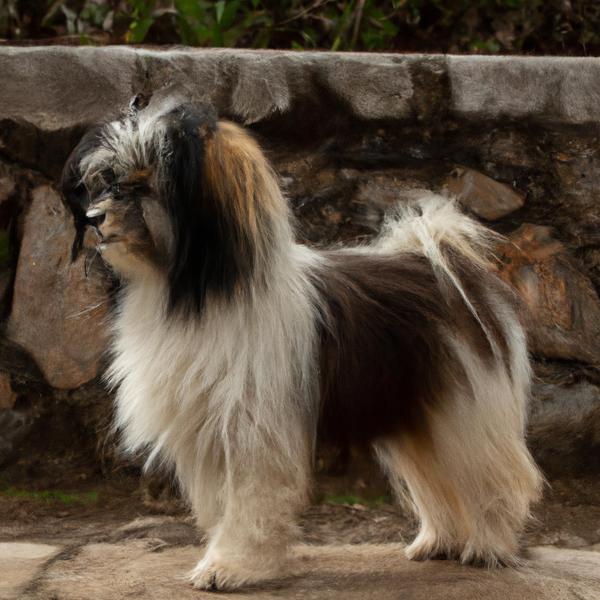
Tibepillon Terrier
Boxollie vs Tibepillon Terrier
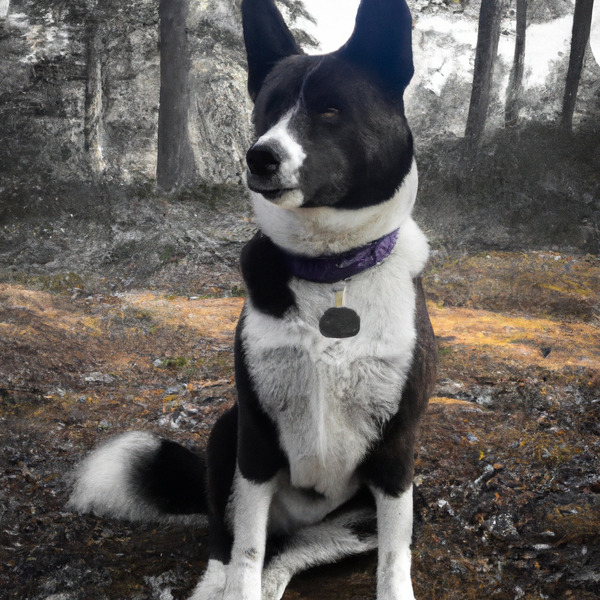
Karelian Bear Dog
Boxollie vs Karelian Bear Dog
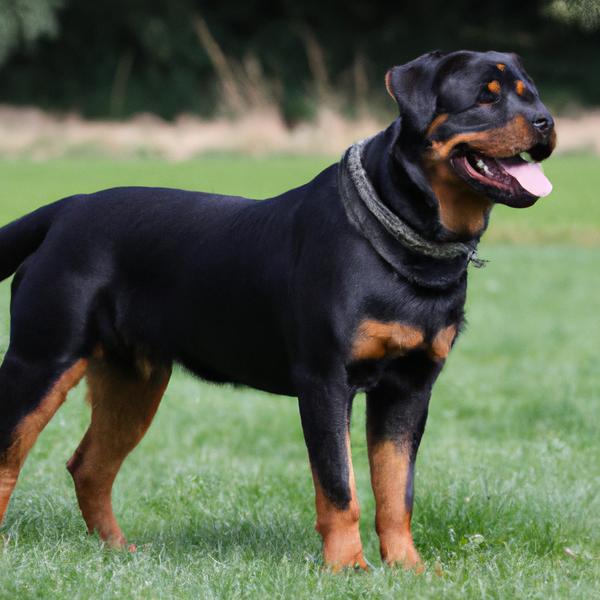
New Rottland
Boxollie vs New Rottland
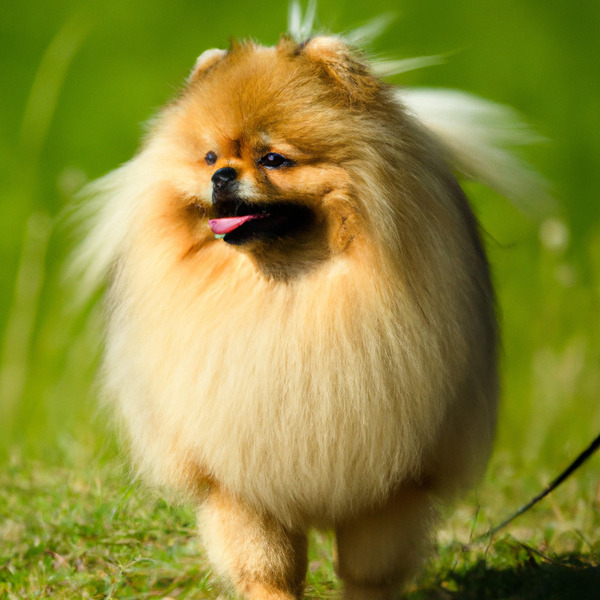
Dameranian
Boxollie vs Dameranian
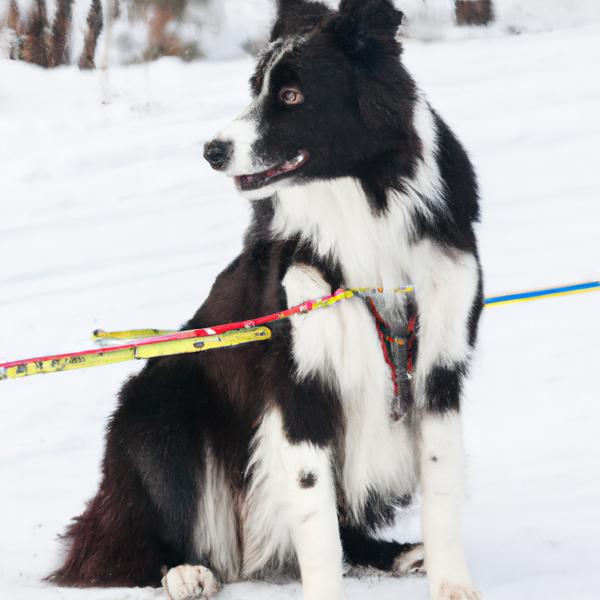
Ski-Border
Boxollie vs Ski-Border
